World
Top 10 Best Read Stories on Seed World Europe in 2024 – Seed World

Dear readers of Seed World Europe,
Over the past year, we have shared hundreds of stories with you. Some were well read, others a bit less, and some just went through the roof. Let’s look at what where your most favourite stories on Seed World Europe of the past year. Check out the full articles, by clicking the link in the title. From 10 to 1, here’s our list of best viewed stories.
10. How are Varieties Protected in Ukraine?
Intellectual Property is crucial to keep the cycle of innovation going. In times where the challenges are all around us, like a growing global population, climate change, changing diets, urbanization and many more, we need to employ every piece of innovation that we have, to mitigate those challenges. And new plant varieties are a key pillar in that. But these new varieties don’t just develop themselves. Breeders need an incentive to make those long term, upfront and risky investments into breeding better varieties. Plant Breeders’ Rights is one of those important systems to ensure that we can enjoy a steady flow of new, better, and locally adapted plant varieties reaching the global markets. Read this article to find out how plant varieties are protected in Ukraine.
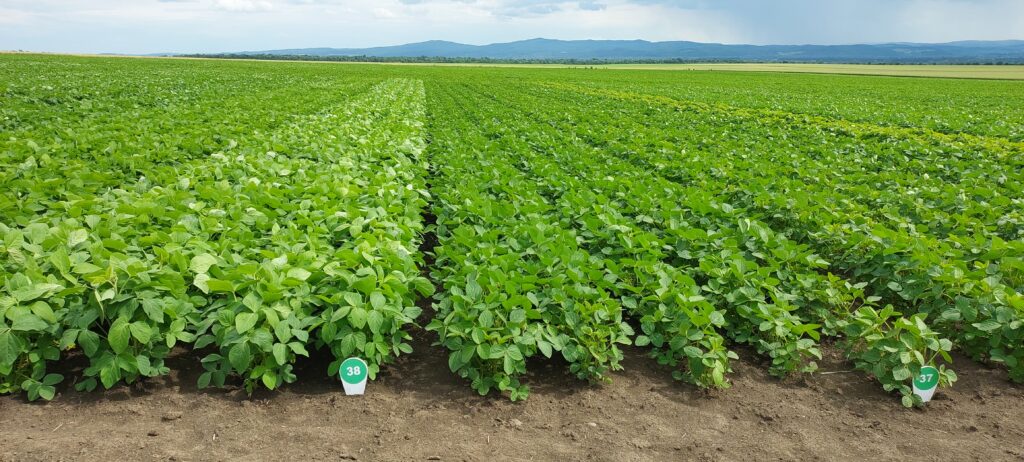
9. On the Verge of a New Era in Plant Science Innovation


Started in 2023, CropXR consists of, among others, four Dutch knowledge institutions and the Dutch seed association Plantum. It is a unique public-private consortium that, apart from the universities, comprises scientific institutions, industrial partners and technology innovation companies. It unites the experts from a multitude of disciplines such as plant sciences, data sciences and the social sciences. It aims to make agricultural production less vulnerable to climate change and less dependent on artificial fertilizers and chemical pesticides. Find out in this article what Hedwich Teunissen, Managing Director at CropXR has to say about this initiative and how this is creating growth opportunities for relevant economic sectors in the Netherlands.
Corn, also known widely as maize, remains a critical crop used in a wide range of food, feed and industrial applications. As breeders continue to make progress, the importance of this crop as well as the diversity of its uses are expected to increase. In 2024, Seed World Europe, asked the major European corn breeding companies for a look in their kitchen and together we dove into the world of corn breeding. We released our findings in 3 parts: Part 1 – Types, Markets and Reaching Ever Higher Yields; Part 2 – Diseases, Pests, New Threats and Germplasm and Part 3 – Market Alignment, Breeding Innovation and Corn of 2045. This crop is a staple food in many parts of the world and at the core of human survival. Make sure you stay up to date on corn breeding by reading these three articles.
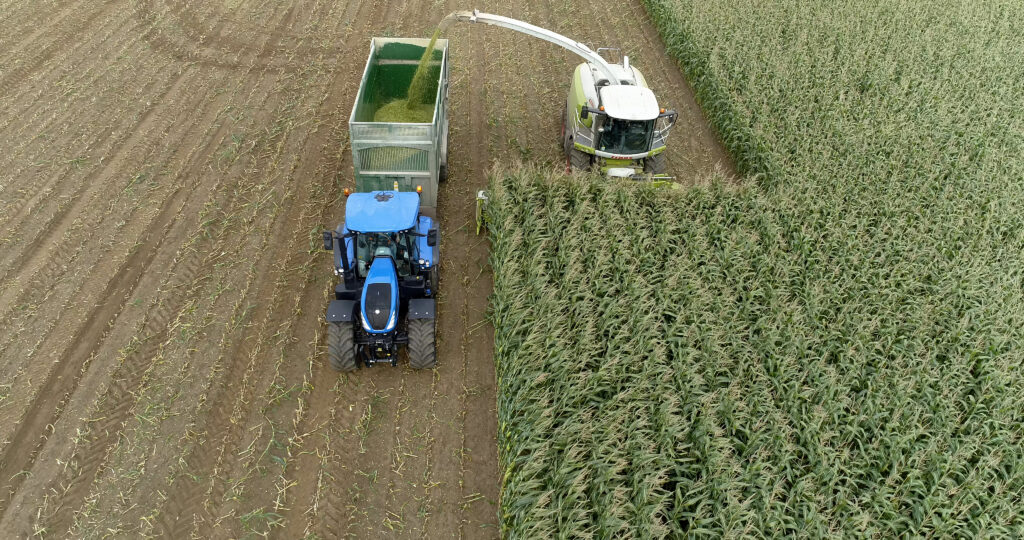

7. Hype or hope, Regenerative Agriculture Under the Magnifying Glass
There’s been a lot of buzz about regenerative agriculture in recent years, with multinational companies such as PepsiCo, Unilever, General Mills and many others all pledging to work hard to establish regenerative agriculture practices in their supply chains. To get an inside look at this phenomenon, Seed World Europe checked in with a wide cross-section of seed value chain experts, and we published it in two parts. In addition, we also checked in with NIAB in the UK to get a public sector view on this type of agriculture. Read the three articles and you’re up to date whether it is a hype or a hope.
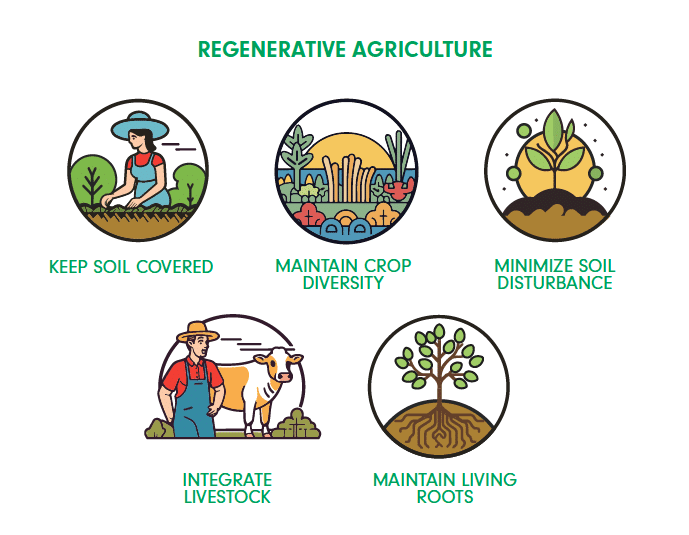

6. Horticulture is Italy’s Thing
Italy is a country with a high horticultural vocation. It is a European leader in the production of vegetable and aromatic seeds, with in 2022, an area of almost 39,000 hectares that was cultivated for this purpose. The figures have more than doubled since 2012, with an annual +5 % in 2022. Seed production takes place from north to south, with a clear prevalence of Emilia-Romagna, followed by Puglia, Marche, Molise and seven other regions in Italy. The most reproduced species are radish, mustard, cabbage, radicchio and onion, with three-zero digits in term of surface. In total, the number of multiplied species exceeds 50. Read this column by Franco Brazzabeni to find out how the country is guaranteeing its high-quality seeds.
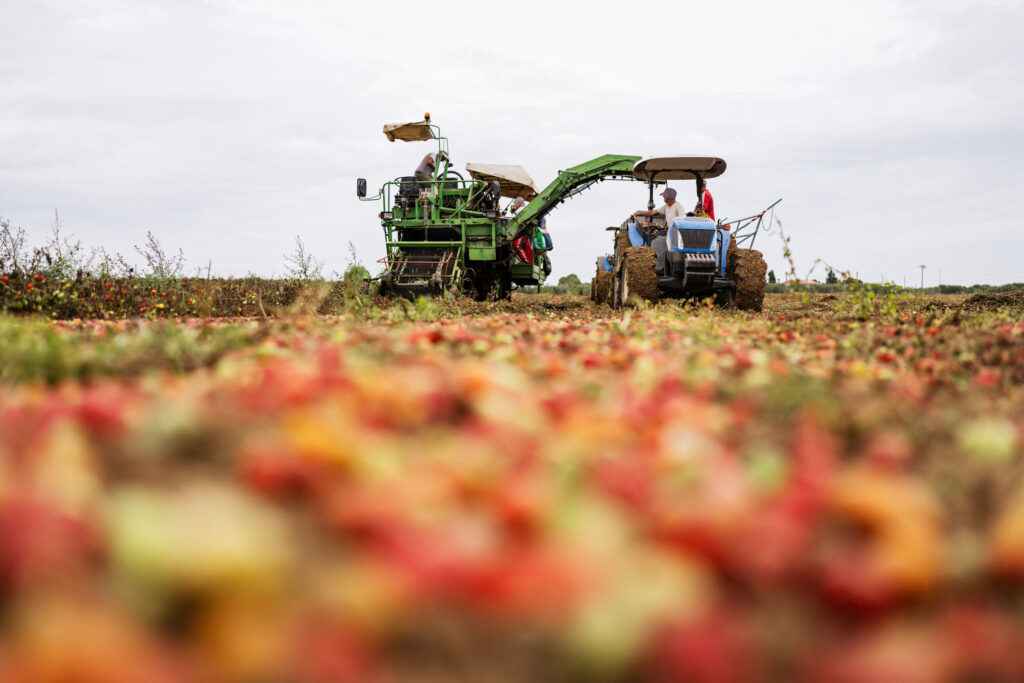

5. Why Does Europe Struggle to Get a New Seed Law That Still Works for Breeders and Farmers
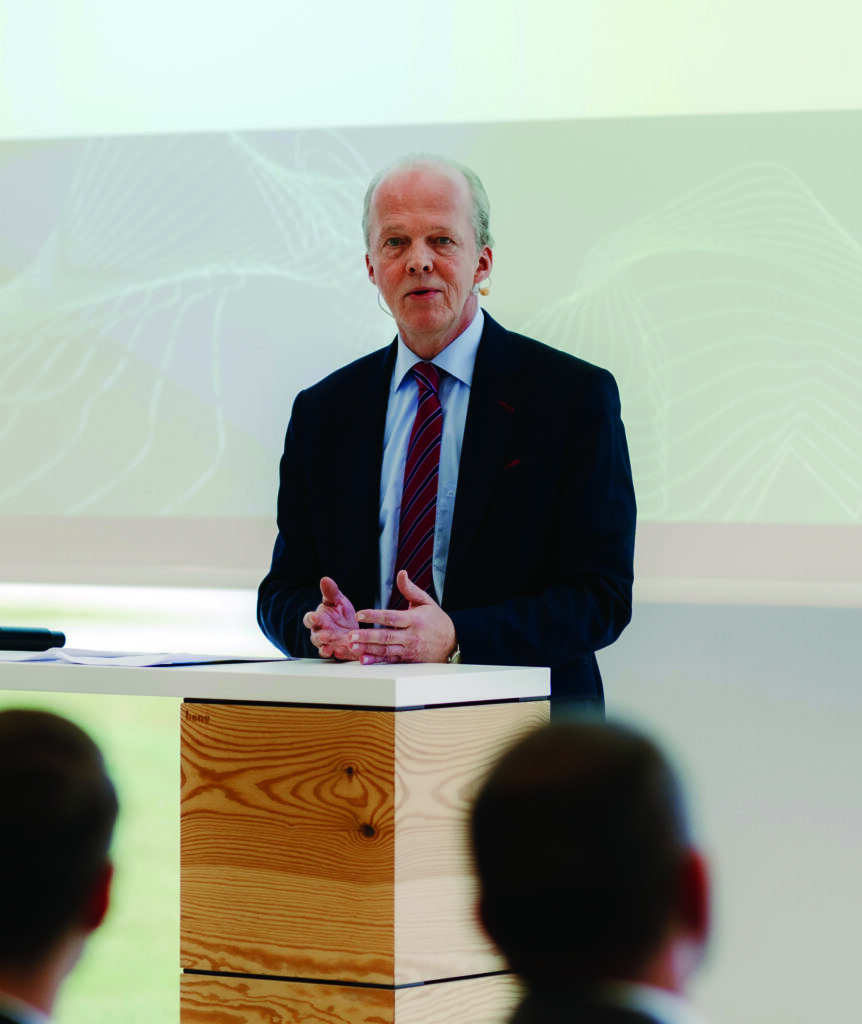

Europe has become a world leader in plant breeding and seed products based on a legal framework that assured the identity, performance, quality and health of any seed product for any user. The current legislation has been the successful enabler of a thriving seed sector and guardian of farmers’ access to the best possible seed across species, markets and final uses. Garlich von Essen shares that the European Parliament’s approach puts much of this success story at unnecessary risk by eliminating the necessary tools to balance appropriate differentiation of specific requirements with principal rules and assurances for all.
And indicates that correcting this mismatch will be the most important objective for breeders and farmers in the further discussions with Parliament and Member States in the months to come.
4. Creative Destruction in the Plant Breeding Sector
At the very heart of innovation is creative destruction: the deliberate dismantling of established processes to make way for improved methods of production. Though the concept sounds negative, it is a critical component of innovation driven change and growth. Creative destruction in the plant breeding sector involves innovations that significantly disrupt traditional practices, leading to the decline or transformation of existing methods, products, or industries. Find out in this article which are the five most notable examples of creative destruction.
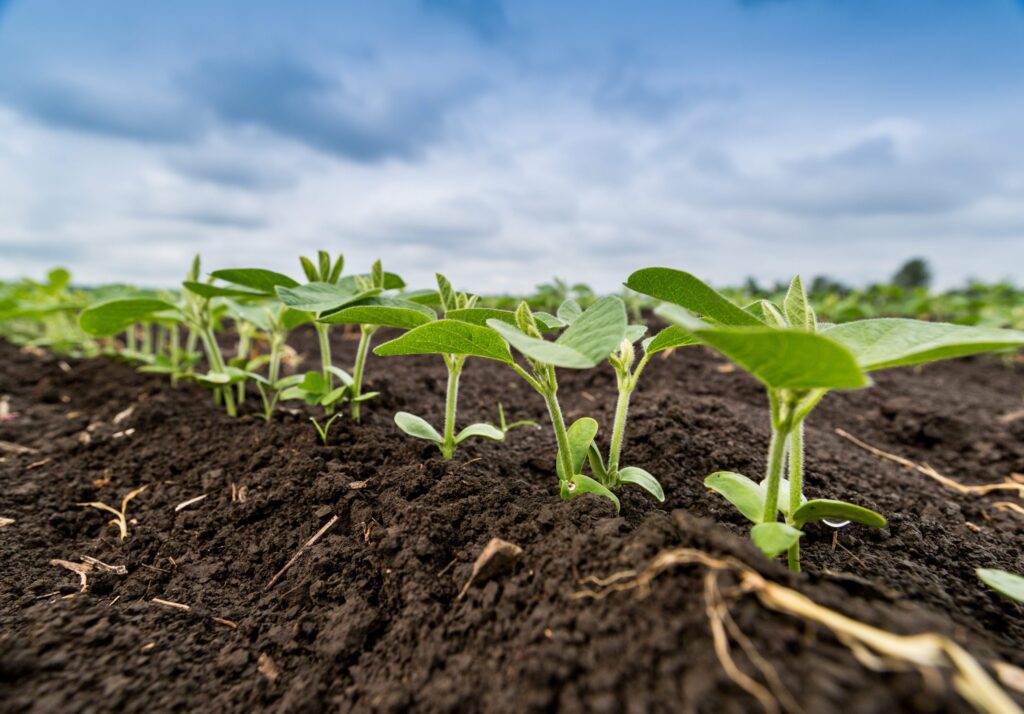

3. Thirteen Organizations Sign Historic Agreement to Fight Illegal Seed Practices
Thirteen organizations, representing and defending the interests of plant breeders worldwide, joined forces to collaborate in the fight against illegal seed practices (ISP) through a historic memorandum of understanding (MoU) signed at the ISF World Seed Congress 2024. The organizations involved in this initiative include the International Seed Federation (ISF), the African Seed Trade Association (AFSTA), the Asia and Pacific Seed Alliance (APSA), Euroseeds, the Seed Association of the Americas (SAA), the Anti-Infringement Bureau for Intellectual Property Rights on Plant Material (AIB), the Breeders Trust, CIOPORA (International Community of Breeders of Asexually Reproduced Horticultural Plants), CropLife International, Gestión de Licencias Vegetales (GESLIVE), SICASOV, the Seed Innovation Protection Alliance (SIPA), and the Seeds Innovation and Protection Initiative (SIPI). Check this article to find out why fighting illegal seeds is so important.
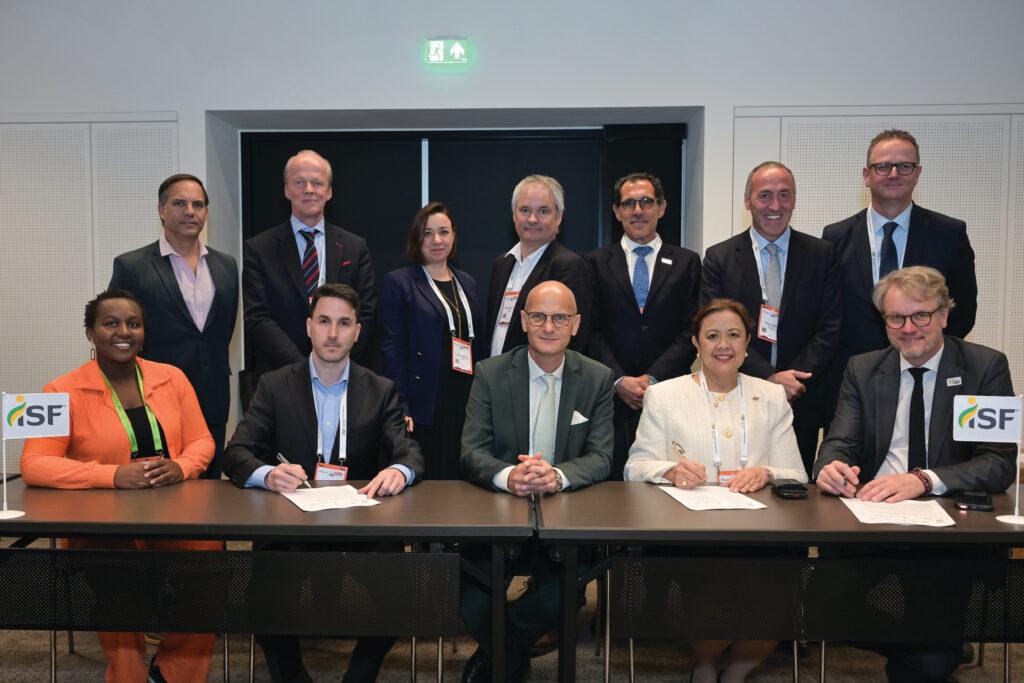

2. UEFA-EURO-2024 Pitches Prepared to Perfection Using Quality Standards
In 2024, the UEFA EURO 2024 tournament took place, on perfectly prepared grass pitches. Ensuring the quality and performance of the football pitches is paramount. Pitch standardization and quality measurement began long before the tournament and continued throughout, guaranteeing consistent high standards across all venues, from the training pitches in each country, the training facilities in Germany to the 10 match stadiums. INSIDER company DLF explains that the turf seed industry has an interest in the performance of these stadiums, as the success of the pitches is a testament to the collaboration between groundsmen and top-performing turf grass species and varieties.


At Seed World Europe we are very passionate about placing the EU plant breeding and seed sector in the spotlight. An ever-growing part of the success of our sector comes from the efforts and contributions of women throughout our value chain. In this edition of our annual ’20 Most’ feature, we acknowledged and celebrated some of the many women who are making important leadership contributions within our beloved sector. Check out who are the truly incredible seed sector builders, advocates and leaders. Join us in celebrating the huge contributions these women make to growing a strong seed sector!












